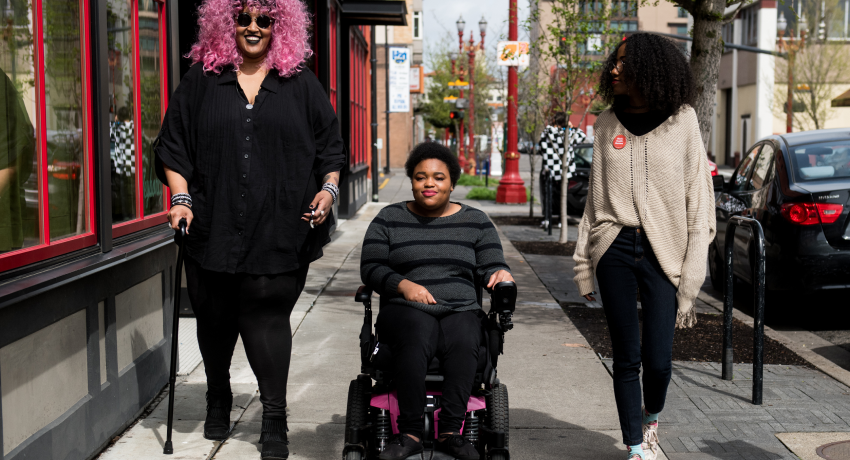
Friendship is an essential aspect of life for everyone, but for people with disabilities, it can be even more important. Having friends can provide individuals with disabilities with a sense of belonging, social support, and increased self-esteem. In this post, we'll explore some of the benefits of friendship for people with disabilities.
1. Social support
People with disabilities often face a variety of challenges and barriers in their daily lives. Having friends who understand their experiences and can provide emotional support can be invaluable. Friends can help individuals with disabilities cope with difficult situations and offer encouragement and motivation when needed. They can also provide practical support, such as helping with transportation or running errands.
2. Increased self-esteem
Being part of a social group can give individuals with disabilities a sense of identity and purpose. It can also boost their self-esteem and confidence. Having friends who accept and appreciate them for who they are can help individuals with disabilities feel more positive about themselves and their abilities.
3. Improved social skills
Having friends can also help individuals with disabilities develop and improve their social skills. They can practice communication, problem-solving, and conflict resolution skills in a safe and supportive environment. Friends can provide feedback and constructive criticism, helping individuals with disabilities improve their social skills and feel more comfortable in social situations.
4. Opportunities for fun and recreation
Friendship also provides opportunities for individuals with disabilities to participate in fun and recreational activities. Friends can introduce them to new hobbies and interests, and provide companionship during activities such as going to the movies, attending concerts, or playing sports. These activities can provide individuals with disabilities with a sense of joy and fulfillment, as well as opportunities for personal growth and development.
5. Reduced isolation and loneliness
Finally, having friends can help reduce feelings of isolation and loneliness for people with disabilities. These feelings are common among individuals with disabilities who may have limited social opportunities due to physical or other barriers. Friendship can provide a sense of belonging and connectedness, which can help reduce feelings of loneliness and isolation. In conclusion, friendship is essential for people with disabilities. It provides social support, boosts self-esteem, improves social skills, provides opportunities for fun and recreation, and reduces isolation and loneliness. For individuals with disabilities, having friends who understand and accept them for who they are can make a significant difference in their lives.